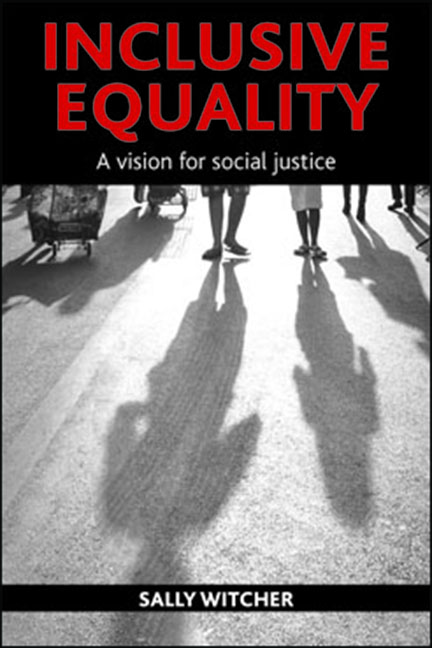Summary
Introduction
We now turn to explore themes from the literature on poverty to get a firmer grasp of the goods people need to have and what they need to be able to do if they are to be included in mainstream society. The relationship between ‘having’ and ‘doing’ needs to be unpacked, as do their implications for identity, status and social acceptance (drawing on Walzer's observation that ‘being’ and ‘doing’ have as much to do with distributive justice as ‘having’). As discussed in the previous chapter, tangible goods can convey intangible, symbolic information about personal qualities and it seems plausible that actions can do likewise. It may be the case that it is necessary to have a particular good in order to be able to act, or that particular actions are required in order to acquire goods.
A key issue that pervades much of the literature is whether certain types of good or level of resources and/or capacity for action will always be necessary, irrespective of the social context or whether requirements will always be relative to the society in question. If the latter is so, as with ideal models of social justice, it might be similarly debatable whether the quest for generic, universal approaches serves any useful purpose. Perhaps it is possible to distinguish between poor and poorer without recourse to any form of universal conceptualisation of poverty.
Of course, even if human beings are biologically much the same the world over – a fact that might seem to commend a universal approach – mainstream society can take many forms and evolve over time. It seems logical that so, too, will the requirements for inclusion into it. Yet, to attempt to pin these down; to itemise requirements for participation in mainstream living standards and life-styles surely risks missing – or inadvertently oppressing – alternative forms of social realisation. It might be possible to discern average or majority norms but this does not necessarily tell us about the extent of diversity (of life-styles, cultures, and so on) that these can encompass on a basis of equivalent worth. Moreover, while specification of what pertains today may be accurate, meaning and usefulness are left behind as time rolls on.
- Type
- Chapter
- Information
- Inclusive EqualityA Vision for Social Justice, pp. 63 - 96Publisher: Bristol University PressPrint publication year: 2013



